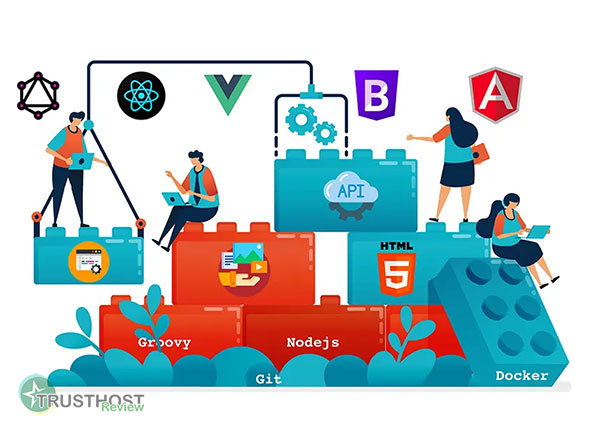Payment Gateways: A Comprehensive Guide for Businesses
A seamless online payment experience is crucial for any business looking to thrive. This is where payment gateways come into play, acting as the invisible force behind secure and efficient online transactions.
What is a Payment Gateway?
A payment gateway is a software application that acts as an intermediary between your online store and the payment processor. It securely authorizes and processes credit card, debit card, and other digital payment methods, allowing customers to make purchases from your website or app.

Think of a payment gateway as the online equivalent of a physical point-of-sale (POS) terminal you see in brick-and-mortar stores. Just like a POS terminal securely processes payments at a checkout counter, a payment gateway facilitates secure online transactions.
How Does a Payment Gateway Work?
- Customer Initiates Payment: When a customer is ready to purchase, they enter their payment information on your checkout page.
- Data Encryption and Transmission: The payment gateway encrypts the sensitive payment data using robust security protocols like HTTPS and SSL, ensuring that it remains confidential during transmission.
- Request to Payment Processor: The gateway sends the encrypted payment information to the payment processor (e.g., Visa, Mastercard, American Express) for authorization.
- Authorization and Verification: The payment processor verifies the customer's account details with the issuing bank to ensure sufficient funds and prevent fraud.
- Transaction Approval or Decline: The payment processor sends back an authorization response to the gateway, indicating whether the transaction is approved or declined.
- Confirmation to Merchant and Customer: The gateway relays the transaction status back to your website or app and to the customer. If approved, the funds are transferred from the customer's account to your merchant account.
Benefits of Using a Payment Gateway:
- Enhanced Security: Payment gateways employ robust security measures like encryption, tokenization, and fraud detection tools to protect sensitive payment data from unauthorized access.
- Increased Sales and Revenue: By offering a variety of payment options, you can cater to a wider audience, potentially increasing sales and revenue.
- Improved Customer Experience: A seamless and secure checkout process enhances the overall customer experience, leading to higher satisfaction and repeat business.
- Reduced Risk of Fraud: Payment gateways have built-in fraud prevention tools that help mitigate the risk of fraudulent transactions, protecting both you and your customers.
Types of Payment Gateways:
- Hosted Payment Gateways: Redirect customers to a third-party payment page to complete the transaction. Easy to integrate but may offer limited customization.
- Self-Hosted Payment Gateways: Collect payment information on your website and process it through the gateway's API. Offers more control over the checkout experience but requires more technical expertise.
- Direct Payment Gateways: Connect directly to the payment processor, bypassing the need for a third-party provider. Offers faster processing times but may involve higher fees.
Factors to Consider When Choosing a Payment Gateway:
- Security Features: Ensure the gateway offers robust security measures like encryption, tokenization, and fraud prevention tools.
- Payment Options: Consider the payment methods your target audience prefers and choose a gateway that supports them.
- Integration and Compatibility: Select a gateway that integrates seamlessly with your existing website or app platform.
- Fees and Pricing: Compare transaction fees, monthly fees, and other charges to find a cost-effective solution.
- Customer Support: Opt for a provider with reliable customer support to assist you with any technical issues or queries.
By understanding the intricacies of payment gateways, you can make informed decisions to enhance your online business operations, safeguard customer data, and provide a seamless and secure checkout experience.
















